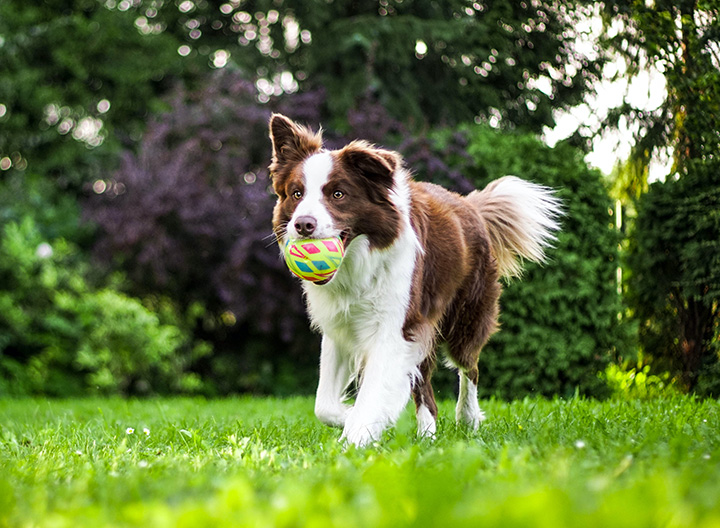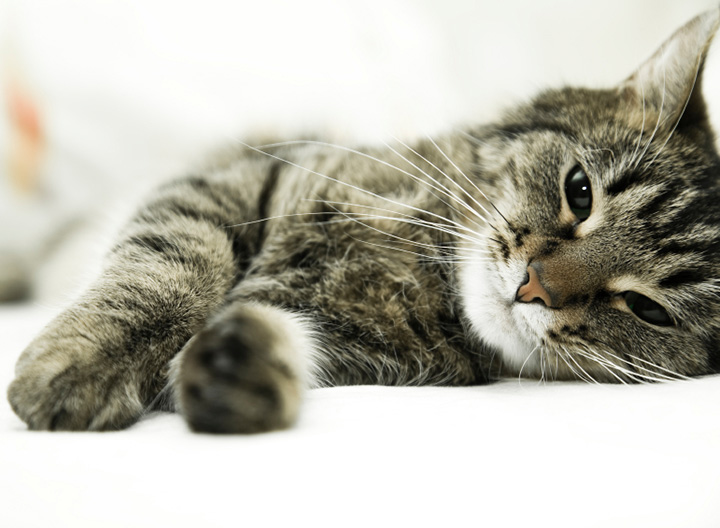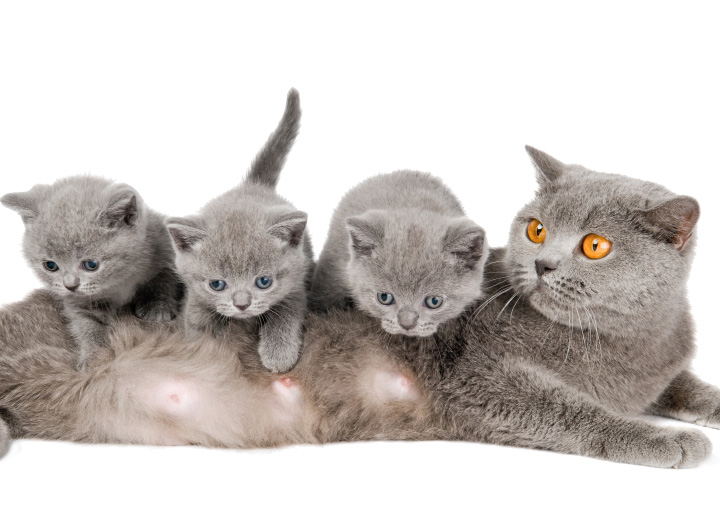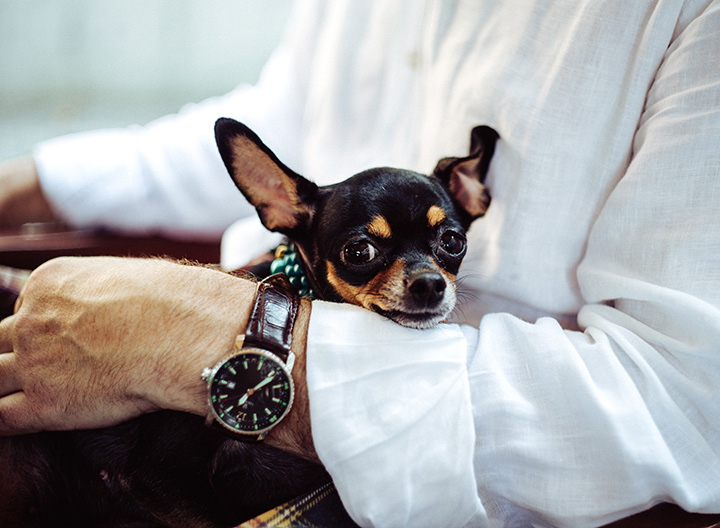Small Pets
Gerbils
Gerbils are intelligent, sociable animals that are best kept in pairs. They should be handled daily and to ensure that they are affectionate, rather than fearful of human contact.
Their cage should be full of toys and tunnels to stimulate them and should be cleaned twice weekly. A gerbil’s diet should be based on a balanced gerbil mix, which can be supplemented with sunflower seeds, vegetables and nuts. Water should be changed daily and providing twigs to chew on will help prevent incisor tooth overgrowth.
Guinea Pigs
Guinea pigs are sociable animals and make excellent pets. They are very vocal and amenable to handling.
Their diet should be based on hay or grass and a good quality guinea pig pellet (for example the "Excel" range). Guinea pigs cannot be fed rabbit food. This is due to the fact they are the only animals, other than humans, incapable of synthesising their own Vitamin C. All guinea pig pellets are supplemented for Vitamin C but rabbit diets are not. Therefore feeding rabbit food may result in Vitamin C deficiency and ill health. Vegetables also contain Vitamin C and provide chewing activity.
Common problems include skin mites, which cause an itchy, scurfy coat and dandruff. Guinea pigs are also prone to getting hay seeds lodged in the conjunctiva of the eye, which can cause corneal ulcers.
Hamsters
Hamsters are nocturnal animals, so are most active at night. Water should be changed daily, as should the bedding. Wooden blocks are often popular to chew on and may prevent your hamster chewing on the bars of the cage.
"Wet tail" is caused by a severe intestinal infection that manifests as malodorous diarrhoea and infected skin around the hamster’s anus. This is a very serious condition in hamsters and they should be brought to the surgery straight away.
Rats and Mice
Rats and mice should be kept in a large cage with plenty of room, including an area for them to retreat to and a place for exercise. The cage should be kept in area that is well-lit, ventilated, and away from excessive noise and stresses.
Rats like to burrow so bedding should be plentiful and should be changed 2-3 times a week. Keeping the bed clean is important as prolonged exposure to ammonia from dirty bedding predisposes to respiratory disease, a common problem in rats.
Treats for rats can be purchased and are useful training aids. However, these should be given in moderation to prevent obesity. Fresh water should be changed daily.
stgeorgesveterinarycentre@gmail.com | 01932 858890 | Find Us






